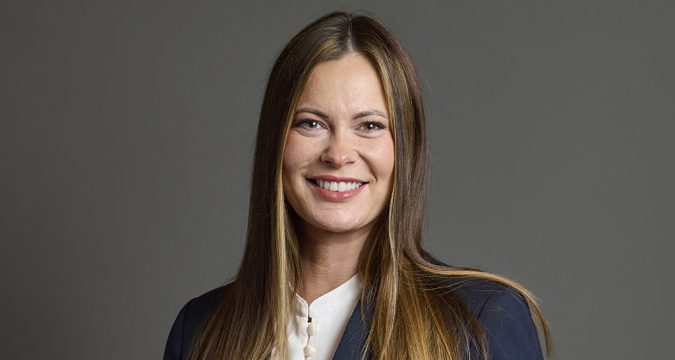 JADE BOTTERILL was newly-elected last July as the MP for Ossett and Denby Dale.
Last Wednesday she gave a speech in Westminster Hall about what Rugby League offers the communities in which it thrives.
We are grateful to her for allowing us to print her words for readers of Total Rugby League.
There was recently a debate in Westminster Hall
JADE BOTTERILL was newly-elected last July as the MP for Ossett and Denby Dale.
Last Wednesday she gave a speech in Westminster Hall about what Rugby League offers the communities in which it thrives.
We are grateful to her for allowing us to print her words for readers of Total Rugby League.
There was recently a debate in Westminster Hall MP’s passionate speech about virtues of Rugby League in Westminster Hall
 JADE BOTTERILL was newly-elected last July as the MP for Ossett and Denby Dale.
Last Wednesday she gave a speech in Westminster Hall about what Rugby League offers the communities in which it thrives.
We are grateful to her for allowing us to print her words for readers of Total Rugby League.
There was recently a debate in Westminster Hall
JADE BOTTERILL was newly-elected last July as the MP for Ossett and Denby Dale.
Last Wednesday she gave a speech in Westminster Hall about what Rugby League offers the communities in which it thrives.
We are grateful to her for allowing us to print her words for readers of Total Rugby League.
There was recently a debate in Westminster Hall 